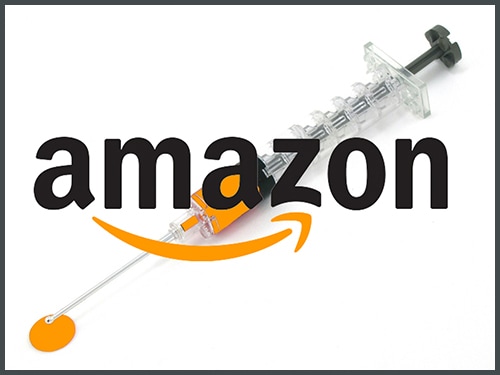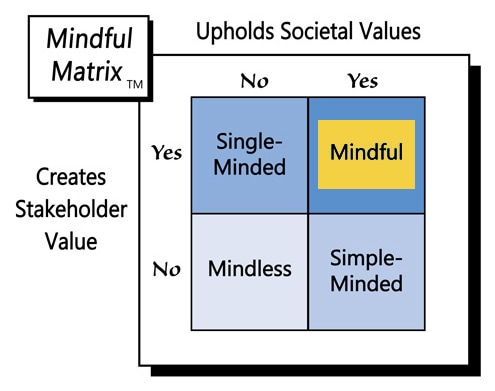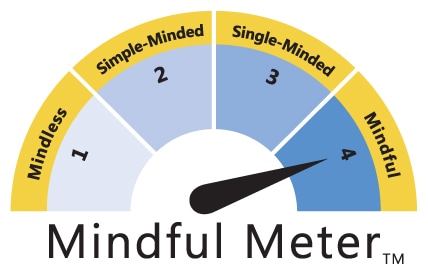The Bloomberg Business article described that Amazon has been making a concerted effort to get closer to college students, literally. So, how could Amazon penetrate further a target market that’s already tremendously tech-savvy, internet connected, and predisposed to online shopping? The answer involves a two-fold strategy comprised of a powerful pricing incentive and a physical presence on college campuses.
In terms of pricing, Amazon has cut in half for college students the cost of its Prime membership. Prime gives Amazon users free two-day shipping on most things they buy, as well as several added benefits, including unlimited streaming of movies and TV shows, unlimited access to over 2 million songs, free video game content, and unlimited access to books and magazines on any device. A Prime membership normally costs $99 a year, but current college students can have one for just $49.
Most of us are familiar with Prime, as we’ve been inundated with offers to try the program. The other aspect of Amazon’s college strategy is even more unique: Amazon lockers on campuses. These secure boxes allow students to pick-up their online orders, which can be quite large, at their convenience, without the worry of packages being left in the open where someone might take them. You may have seen similar lockers at a mall or another public location near you.
Of course, like any business hoping to grow revenue and increase profits, Amazon wants to get closer to all of its customers. But, why is the giant e-tailer redoubling its efforts to appeal to college students? Although they’re a sizeable group, most of them have small or no incomes, as well as growing debt, which makes them very selective in their spending.
Well, like other consumers, college students will spend money on things they really want (e.g., movies, music, the latest technology) and that they really need (e.g., textbooks, toiletries, etc.). Indeed, Amazon offers all of those things, but those current sales aren’t the only thing that’s driving Amazon’s college strategy.
The answer lies in the future. College students may be cash-strapped now, but as they enter their careers and their incomes increase, they’ll be the leading spenders for the next 40+ years. So, Amazon is following the same strategy that so many other retailers have taken—“Get ‘em while their young.”
Businesses from banks to fast food take this tack, hoping that the brand choice people make in their youth will stay with them as they grow older and richer. A Proverb even supports the same: “Train up a child in the way he should go: and when he is old, he will not depart from it” (Proverbs 22:6, KJV).
So, that’s the reason for the claim that Amazon is trying to addict college students. Maybe Bloomberg meant the article title (“Amazon Wants to Get College Students Addicted to Prime”) as hyperbole; still, such a suggestion of addiction shouldn’t be taken lightly. Psychology Today describes addiction as follows:
“Addiction is a condition that results when a person ingests a substance (e.g., alcohol, cocaine, nicotine) or engages in an activity (e.g., gambling, sex, shopping) that can be pleasurable but the continued use/act of which becomes compulsive and interferes with ordinary life responsibilities, such as work, relationships, or health. Users may not be aware that their behavior is out of control and causing problems for themselves and others.”
Since using Amazon constitutes shopping, the underlying behavior does hold potential for addiction. However, it’s hard to support specifically that a subscription to Prime or use of Amazon lockers “interferes with ordinary life responsibilities, such as work, relationships, or health.” Perhaps someone, somewhere has allowed those conveniences to become obsessions, but for the vast majority of people it’s doubtful that “their behavior is out of control and causing problems for themselves and others.”
What, then, is happening if college students and others are frequently using Amazon Prime and/or lockers? Medical News Today sheds some light on this question by making a helpful distinction between addiction and habit: While addictions involve behavior that people are “unable to control without help,” habits “are done by choice” and can be stopped whenever the person wants.
So, Amazon’s strategies may encourage habit-forming behavior, but it’s very doubtful that they’re addictive. Furthermore, we all know that there are good habits and bad habits. Getting the products one needs at low prices while spending less time, effort, and energy (including gasoline), seems like a good habit.
Still, isn’t Amazon through its tactics locking in these young consumers for life? From my experience, college students are very economically-minded and adept at brand switching. They search out new options like few others, and they don’t hesitate to pull the plug on products that underperform or otherwise fail to deliver adequate value.
Actually, I’m more concerned for Amazon: I wonder how many of these customers it can retain once they graduate, no longer need textbooks, start to repay college loans, and see their Prime membership double in price.
Amazon offers college students good value, including low costs and convenience, through its discounted Prime membership and campus lockers. There’s good reason to believe that the vast majority of college students currently make the right choices about using Amazon and will continue to do so post-commencement. While Bloomberg deserves a ‘D’ for its suggestion of addicted college students, Amazon earns an ‘A’ for “Mindful Marketing.”
Learn more about the Mindful Matrix and Mindful Meter.
Check out Mindful Marketing Ads and Vote your Mind!




 RSS Feed
RSS Feed